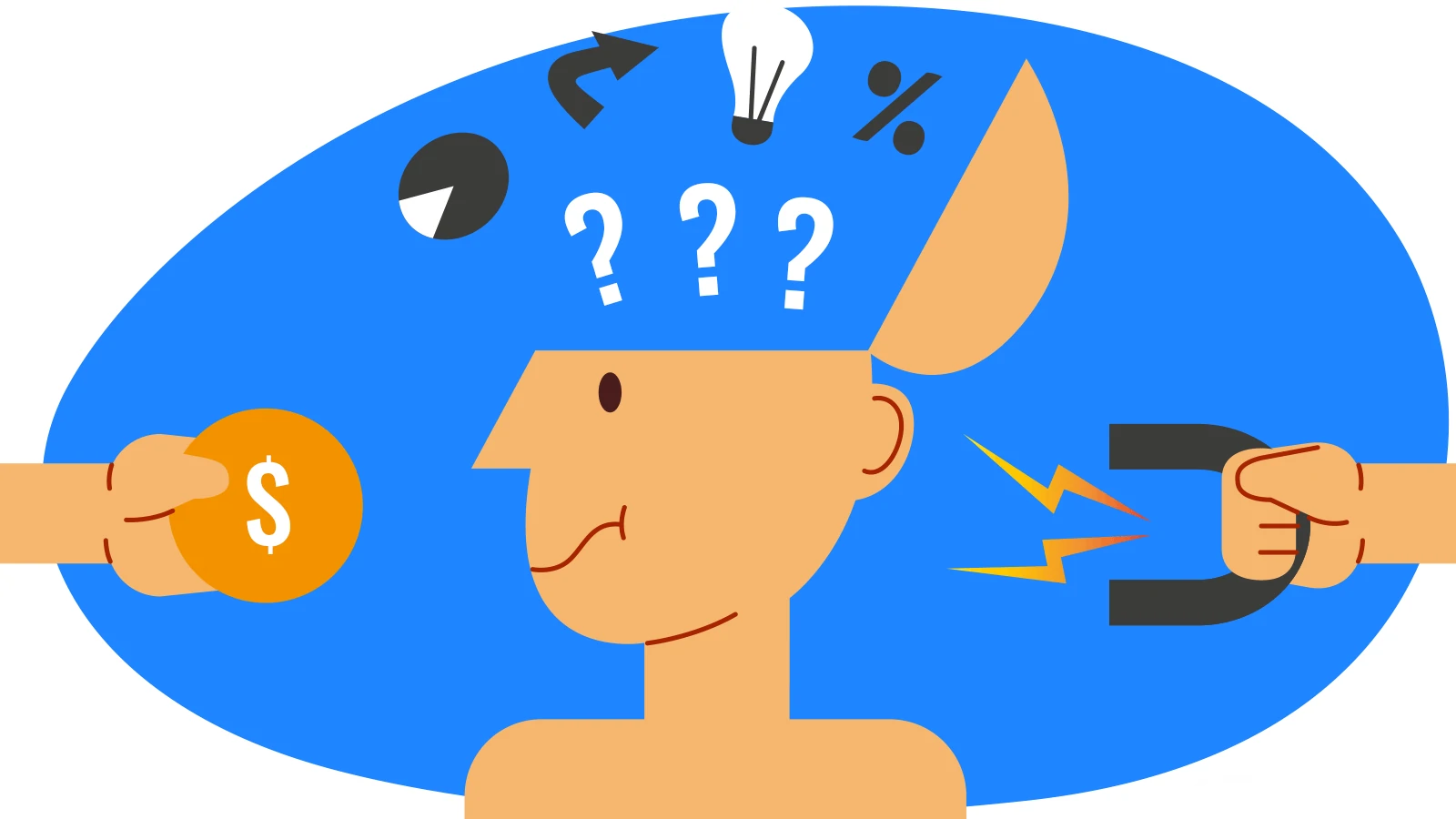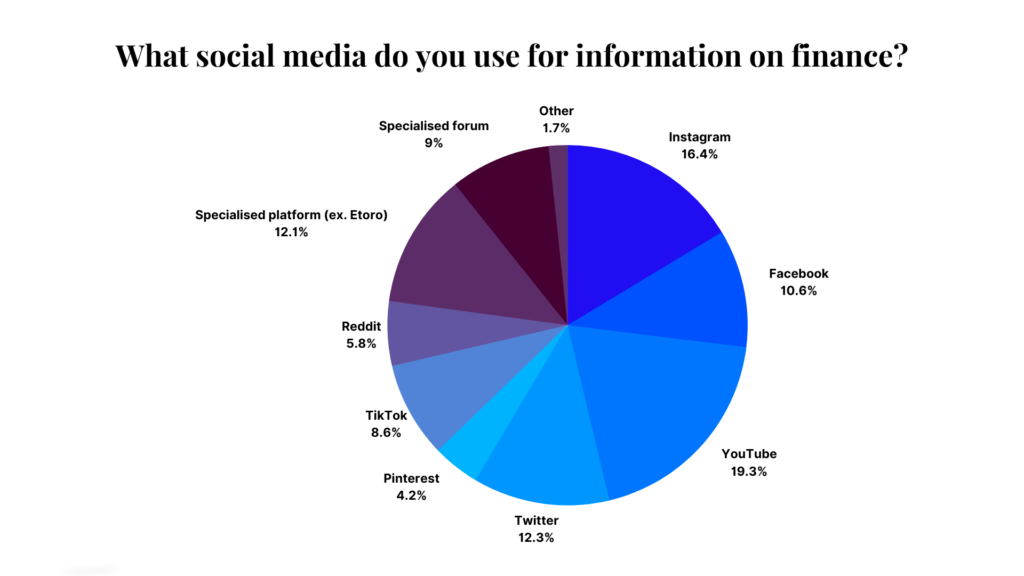
Behavioral Economics in Personal Finance: Understanding Your Money Mindset
Discover how behavioral economics influences your financial decisions.Have you ever looked at your bank statement and wondered, "Where did all my money go?" Or perhaps you've agonized over a big purchase, only to impulse-buy something else entirely? If so, you're not alone. As a behavioral economist and personal finance coach, I've seen countless examples of how our minds play tricks on us when it comes to money.
Let me tell you about Sarah, a client of mine who was determined to save for a down payment on a house. She created a budget, cut back on expenses, and was making great progress. Then one day, she saw an ad for a luxury vacation package at an "unbeatable" price. Despite her goal, Sarah couldn't resist the urge to book the trip. "It was such a good deal," she told me later, "I felt like I'd be losing money if I didn't take it!"
Sarah's experience perfectly illustrates how behavioral economics comes into play in our financial lives. But what exactly is behavioral economics, and why does it matter for your wallet?
The Human Side of Economics
Traditional economics assumes we're all rational beings, carefully weighing costs and benefits before making decisions. But as Nobel Prize winner Richard Thaler famously pointed out, we're actually "humans" rather than "econs." Behavioral economics bridges the gap between economic theory and real-world behavior, exploring how psychological, emotional, and social factors influence our financial choices.
Think of it this way: if traditional economics is like a GPS giving you the most efficient route, behavioral economics is the backseat driver pointing out all the tempting detours and scenic overlooks along the way.

The Biases That Bind Us
Our brains are wired with numerous cognitive biases that can lead us astray financially. Here are a few of the heavy hitters:
- Loss Aversion: We feel the pain of losses more acutely than the pleasure of gains. This is why Sarah felt she'd be "losing money" by not booking that vacation, even though she was actually saving by sticking to her plan.
- Present Bias: We tend to prioritize immediate rewards over future benefits. It's why that new gadget seems so appealing now, even if it means less money for retirement later.
- Overconfidence: We often overestimate our own abilities, leading to risky financial behavior. I once had a client who was convinced he could time the stock market perfectly – spoiler alert: he couldn't.
- Anchoring: We rely heavily on the first piece of information we receive when making decisions. This is why retailers often show the "original" price crossed out next to the sale price – it anchors our perception of value.
- Mental Accounting: We tend to treat money differently depending on how we categorize it. Have you ever splurged on vacation because it's your "fun money," even though it all comes from the same bank account?
The Emotional Rollercoaster of Money
Money isn't just about numbers – it's deeply emotional. Fear, greed, shame, and pride all play a role in our financial decisions. We develop "money scripts" or unconscious beliefs about money early in life that can shape our behavior for years to come.
I remember working with a client who grew up in a household where money was always tight. Even after achieving financial success, he struggled to spend money on himself, always fearing that financial ruin was just around the corner. Recognizing and challenging these deep-seated beliefs is crucial for making better financial choices.
Decision-Making Traps to Watch Out For
Behavioral economics has identified several common traps we fall into when making financial decisions:
- Analysis Paralysis: Ever spent hours comparing credit card offers, only to end up not choosing any? Too many options can lead to decision fatigue and inaction.
- Choice Overload: Similar to analysis paralysis, but specifically related to having too many options. It's why some people struggle to start investing – there are just too many choices!
- Status Quo Bias: We tend to stick with our current situation, even when better options are available. This is why many people stay with the same bank for years, despite high fees or poor service.
The Power of Default Options
One of the most powerful insights from behavioral economics is the impact of default options. Studies have shown that simply changing the default savings rate in 401(k) plans can significantly increase retirement savings. Companies and policymakers are increasingly using this "choice architecture" to nudge us towards better financial decisions.
In my own practice, I've seen dramatic results by helping clients set up automatic savings transfers. It's amazing how much easier it is to save when you don't have to make the decision each month!
Social Influences on Your Finances
We're social creatures, and our financial behavior is heavily influenced by those around us. The desire to "keep up with the Joneses" can lead to overspending, while herd mentality can cause us to make poor investment choices (looking at you, cryptocurrency bubbles).
Even well-meaning advice from friends and family can lead us astray if it doesn't align with our personal financial situation. I always encourage my clients to seek professional advice for major financial decisions, rather than relying solely on Uncle Bob's hot stock tip.

Practical Tips for Outsmarting Your Biases
So, how can you use these insights to improve your own finances? Here are a few strategies I recommend to my clients:
- Automate Good Habits: Set up automatic transfers to savings and investment accounts to bypass present bias.
- Use Mental Tricks: Try reframing expenses in terms of hours worked instead of dollars to make spending decisions more tangible.
- Create Commitment Devices: Make it harder to act on impulses by adding friction to spending (e.g., removing saved credit card info from online shopping sites).
- Practice Mindfulness: Before making financial decisions, take a moment to check in with your emotions and consider your long-term goals.
- Seek Outside Perspective: Discuss major financial decisions with a trusted friend or advisor to counteract overconfidence and other biases.
The Future of Behavioral Economics in Personal Finance
As we move forward, I'm excited to see how fintech companies are incorporating behavioral insights into their products. From apps that gamify saving to robo-advisors that help investors stay the course during market volatility, technology is making it easier than ever to align our financial behavior with our goals.
At the same time, policymakers are increasingly using behavioral economics to shape regulations that protect consumers and promote financial well-being. It's an exciting time to be in this field!
Wrapping Up: Your Money, Your Mind
Understanding behavioral economics won't magically solve all your financial challenges, but it can provide valuable insights into your own decision-making processes. By recognizing our biases and emotional triggers, we can make more intentional choices that align with our long-term financial goals.
So, the next time you're faced with a financial decision, take a moment to consider: Is this my rational mind talking, or am I falling into a behavioral trap? And remember, be kind to yourself – we're all human, after all.
What behavioral patterns have you noticed in your own financial life? How might you use these insights to make better money decisions moving forward? I'd love to hear your thoughts and experiences in the comments below!
References
- https://www.neuroscienceof.com/branding-blog/behavioral-economics-consumer-behavior-merle-van-den-aaker-interview
- https://www.linkedin.com/pulse/psychology-personal-finance-how-cognitive-biases-shape-dustin-whatley-gni3e
- https://financialinsights.in/behavioral-finance-understanding-the-psychology-behind-money-decisions
- https://www.studysmarter.co.uk/explanations/macroeconomics/economics-of-money/behavioral-finance/
- https://imarticus.org/blog/behavioral-economics-in-financial-decision-making/
- https://www.fastercapital.com/content/Behavioral-Economics--Mind-Over-Money--Behavioral-Economics-and-the-Psychology-of-Spending.html
- https://www.investopedia.com/terms/b/behavioraleconomics.asp
Decentralized Finance (DeFi): Reshaping Traditional Banking






Comments
I never realized how much behavioral economics could explain my financial behavior. It’s like holding up a mirror to your financial life. Very insightful!
Understanding the psychological aspects of money has helped me curb impulsive spending. It’s amazing how much our mindset can affect our financial health.
I’ve been reading more about behavioral economics lately, and it’s interesting how small nudges can influence our spending habits. Definitely something everyone should be aware of.
Behavioral economics has really opened my eyes to how emotions impact my financial decisions. It’s fascinating to think that understanding our mindset can lead to better money management.
Leave a Comment